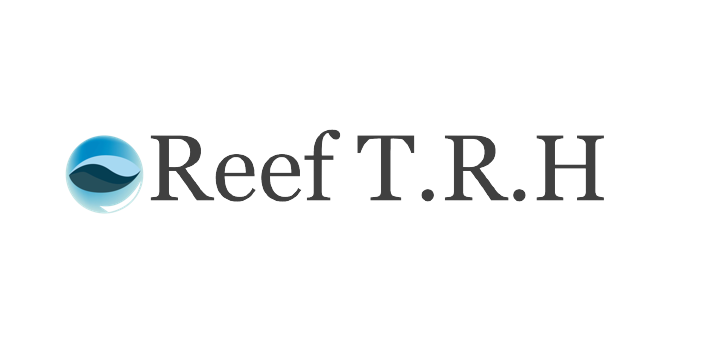The Basics of Goat Milk Soap Making: A Guide for Startup consulting
If you are interested in the world of soap making and looking to start a new venture in the beauty industry, goat milk soap making might just be the perfect niche for you. With its numerous benefits for the skin and the increasing demand for natural and organic skincare products, goat milk soap has gained significant popularity in recent years. In this article, we will explore the basics of goat milk soap making, providing guidance for those interested in starting a soap-making business with a focus on startup consulting.
The first step in goat milk soap making is sourcing high-quality goat milk. If you have your own goats, ensuring they are well cared for and their milk is clean and fresh is crucial. However, if you don’t have access to goats, partnering with local farmers or goat milk suppliers is a viable option. Ensuring the milk is free from any additives or preservatives will guarantee a more natural and healthier soap product.
Next, you will need to gather the necessary ingredients and equipment. Essential oils, natural colorants, and additives like herbs or exfoliants are some options to enhance the properties and aesthetic appeal of your soap. These ingredients can be sourced from local markets or specialized suppliers. As for equipment, a stainless steel pot, a digital thermometer, a scale, and soap molds are key essentials to get started.
To create goat milk soap, the milk needs to be combined with sodium hydroxide, also known as lye. The chemical reaction between the fat in goat milk and lye acts as a natural saponification process, turning the mixture into soap. It is important to handle lye with caution, wearing protective gloves and goggles, and working in a well-ventilated area to avoid any accidents.
Once the lye and milk mixture is combined, it needs to be blended with oils and other desired ingredients. Common oils used in goat milk soap making include coconut, olive, and palm oils. Each oil brings unique properties to the soap, such as moisturizing or cleansing qualities. The mixture is then poured into molds, where it will solidify and take the shape of the desired soap bars.
After the soap bars have hardened, they need to cure for several weeks. This curing process allows the soap to dry, resulting in a harder and longer-lasting product. Once the soap is fully cured, it is ready to be packaged and sold to customers.
With your knowledge and expertise in goat milk soap making, startup consulting can become an essential part of your business. You can offer guidance and support to aspiring entrepreneurs who wish to enter the soap making industry. Sharing your expertise on sourcing ingredients, complying with regulations, and optimizing production processes will assist these startups on their journey to success.
In conclusion, goat milk soap making is an excellent choice for anyone interested in starting a soap-making business or becoming a startup consultant in this field. By understanding the basics of goat milk soap making, you will be prepared to create natural and high-quality soap products that cater to the growing demand for organic and skincare solutions.
************
Want to get more details?
Reef TRH LTD
https://www.gankeeper.com/
Reef TRH is a dynamic and innovative consulting agency specializing in providing comprehensive services to start-ups and companies of all sizes.

